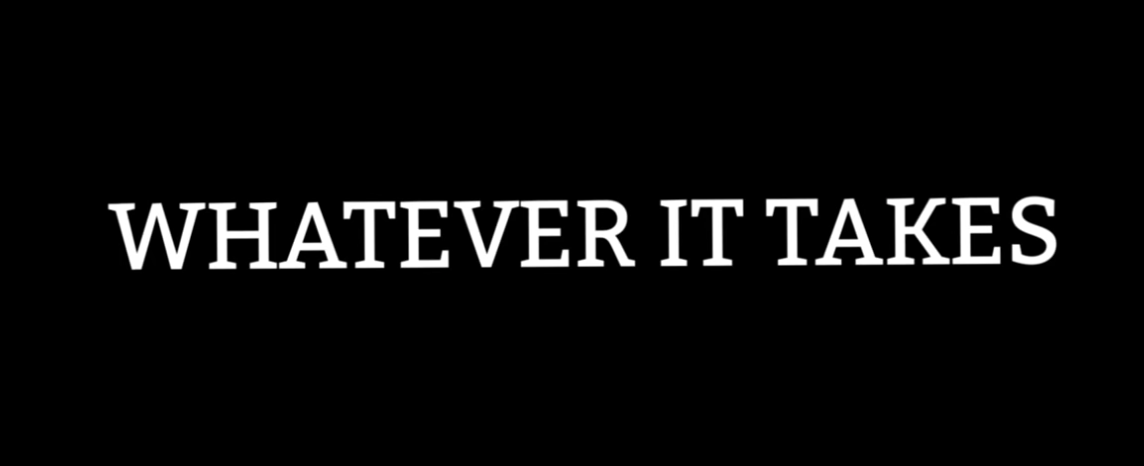The lockdowns have encouraged the renaissance of family-provided education.
Over a year has passed since millions
of Americans were thrust into the unfamiliar territory of
homeschooling, transforming parents into educators overnight. For many,
the role of educator lasted an entire school year in districts across
the country, thus turning our collective assumption about homeschooling
on its head.
I, too, was
plunged into the role of homeschool educator when the pandemic reached
my home state of Oregon. I struggled to balance my jobs as freelance
writer and college writing instructor with educating a first grader and a
fifth grader. Minimal contact with my children’s teachers who were
equally unprepared for a global pandemic required patience and
flexibility on my part.
Our
family survived the spring, but as fall 2020 crept closer, I realized
Oregon schools would remain virtual for the foreseeable future. So, I
decided to invest in a homeschool curriculum and serve as their primary
educator. The decision was a terrifying one. Although I am a teacher by
profession, my only classroom experience has been among adults. I felt
ill-equipped to teach my own children; still, I joined the throngs of
Americans who pulled their kids from traditional school to give
homeschooling a try.
Additionally,
I signed up for two weekly homeschool cooperatives. These experiences
forever changed my perspective on the intelligence and abilities of
homeschool parents who provide a top-notch education for their
children.
The U.S. Census Bureau reports that homeschooling more than doubled in 2020, and that “those who
increased home-schooling spanned across all demographics. Notably,
among Black households, the proportion of home-schooling increased
slightly more than five-fold, from 3.3 percent to 16.1 percent within a
three-to five-month time span.”
These
statistics worry some including Elizabeth Bartholet, a Wasserstein
public interest professor of law and faculty director of the Law
School’s Child Advocacy Program. In June 2020, a Harvard Magazinearticle quoted Bartholet who claims that “Only about a dozen states have rules
about the level of education needed by parents who homeschool.” She
adds, “That means, effectively, that people can homeschool who’ve never
gone to school themselves, who don’t read or write themselves.” She also
asserts that “surveys of homeschoolers show that a majority of such
families (by some estimates, up to 90 percent) are driven by
conservative Christian beliefs and seek to remove their children from
mainstream culture.”
After participating in homeschool
co-ops over the past year, I would argue that Bartholet’s assertions
couldn’t be less accurate.
According to a 2017 report
by the National Center for Education Statistics, “the highest
percentage of homeschooled students had parents who said that a concern
about the environment of other schools, such as safety, drugs, or
negative peer pressure was one reason to homeschool (80 percent).” The
next highest percentage of parents surveyed (34 percent) were concerned
about the environment of other schools. Seventeen percent reported
dissatisfaction with academic instruction at other schools. And 16
percent chose homeschooling to provide religious instruction to their
kids.
A study
published in 2019 by the same agency shows that in a survey of
homeschool parents between 2012 and 2016, the highest number of
homeschool educators had a vocational/technical or some college
background. The next largest group of homeschool educators possessed a
bachelor’s or higher degree. This study suggests that homeschool parents
are not the uneducated, survivalist types Bartholet warns of in her
article, and while Bartholet’s statement that “people can homeschool
who’ve never gone to school themselves, who don’t read or write
themselves” is technically possible, statistics do not support her
claims.
My involvement
with various homeschool communities has exposed me to intelligent and
motivated supermoms who miraculously manage to oversee the education of
their children while running a household—an impressive feat. Another
shocker: not only are these women educated, some even juggle careers in
their fields while teaching their kids.
Leila Lopes has four children between the ages of ten and two months old and she recently finished her fourth year homeschooling her oldest two. She is also a
registered nurse of 14 years and is specially trained in oncology
nursing. She recognizes that her degree and career in healthcare have
aided in her homeschool journey, noting, “Anatomy and Physiology is my
favorite subject at home. I can share my knowledge as a nurse and help
the kids understand how our bodies work. I can share examples of
patients I have cared for that have had pathologies of various body
systems. I think it helps the kids understand the practical implications
of illness or injury to our health and how that plays out in real
life.”
Another mother of four, Alex Tarpo, began homeschooling her oldest child, who is seven years old, as
a result of the pandemic. Tarpo holds a Bachelor’s of Science and a
Doctorate in Physical Therapy and says she recognizes the ways her
education and experience have benefitted her in educating her children,
but she also finds that being well-rounded not only in knowledge, but
also in her faith, makes her a strong educator: “ultimately
my science-based knowledge and learned work ethic will help in aiding
my children to learn certain subjects and concepts, as well as skills
and techniques for success.”
As
homeschooling becomes more normalized in American society, parents
realize they are already equipped with the tools necessary to teach
their children because of their educational background or experience.
Brianne
Happel, director of a Classical Conversations homeschool community in
Tigard, Oregon, and a decade-long homeschool educator, says she knows
homeschool moms who currently work in their degree fields while also
homeschooling their kids and that real-world, hands-on experience
impacts their educational abilities while teaching their children. She
states, [block/]Any experience we have as humans impacts what we impart
to others. Our careers, our interactions with neighbors, dealing with
our aging parents; we cannot compartmentalize the various circles of our
lives; they all intersect. The working homeschool moms I know have to
carefully manage their time. They also spend more time experiencing the
very thing they are often aspiring to change. They want their children
to become adults who can thrive in various situations, who can think for
themselves and think well, who love to learn and tackle new
challenges.[/block]
School districts and teacher unions are beginning to grasp the ramifications of slipping control. Attacks on Christian homeschoolers are on the rise as many families exchange traditional schools for nontraditional education. A Huffington Post article by Senior Editor Rebecca Klein equates
Christian homeschoolers with “white Christian nationalists,” claiming
language in some curriculum popular among Christian homeschoolers
“overlaps with the rhetoric of Christian nationalism, often with
overtones of nativism, militarism and racism as well.”
Happel
calls these attacks absurd. She notes, “they are trying to evoke an
emotional response in their readers based on a false and predetermined
view of homeschoolers. There is a substantial and growing population of
homeschooling families today, all unique, with vastly different beliefs
and reasons for why they homeschool. Sure, there are probably people who
fit into their pigeonhole, but there are likely just as many or more of
those ‘extreme religious ideologues’ promoting bad ideas in private and
government schools alike.” She adds, “I know none of these characters.
As a Classical Conversations director, my mission is to help parents
educate their children to become life-long learners. To experience the
world around them as a classroom where the end of learning could never
possibly be reached. Our goal is to teach children how to think, not what to think. Can the government schools today say the same for their educational goals?”
The
perception by critics that homeschool parents are uneducated,
homogenous extremists was toppled over the past year. In fact, according
to Brian D. Ray
of the National Home Education Research Institute: “Homeschooling is
quickly growing in popularity among minorities. About 41% of homeschool
families are non-white/non-Hispanic (i.e., not white/Anglo).”
Although
many mothers choose not to work, instead focusing solely on educating
their children, the reality is that homeschooling is no longer an
either-or situation, nor is it a subpar education mill fabricating
miniature white supremacists or Christian nationalists.
Perhaps
the truth behind claims made by homeschooling critics like Bartholet
and Klein stems from the threat public schools face as parents finally
recognize facts. Public schools no longer simply teach reading, writing,
and arithmetic. Instead they indoctrinate children through critical
race theory and have begun grooming them as early as kindergarten
through comprehensive sexual education. Another possible reason for
resistance by homeschooling critics results from parents observing
firsthand America’s failing public school system, while homeschoolers
consistently score higher than their public school counterparts in standardized testing.
While COVID-19 disrupted the lives of millions, it also delivered a surprising blessing. Thanks to the pandemic, the shift
from parental observers to at-home educators has illuminated the innate
ability of parents to effectively teach their children well and produce
a new generation of intelligent, capable human beings. Rather than
creating the “white Christian nationalists” and “extreme religious
ideologues” that homeschooling opponents desperately fear, parents are
taking back control of their children’s education to produce critical
thinkers and the future leaders that our country desperately needs.
https://www.theamericanconservative.com/articles/rise-of-the-homeschool-mom/













